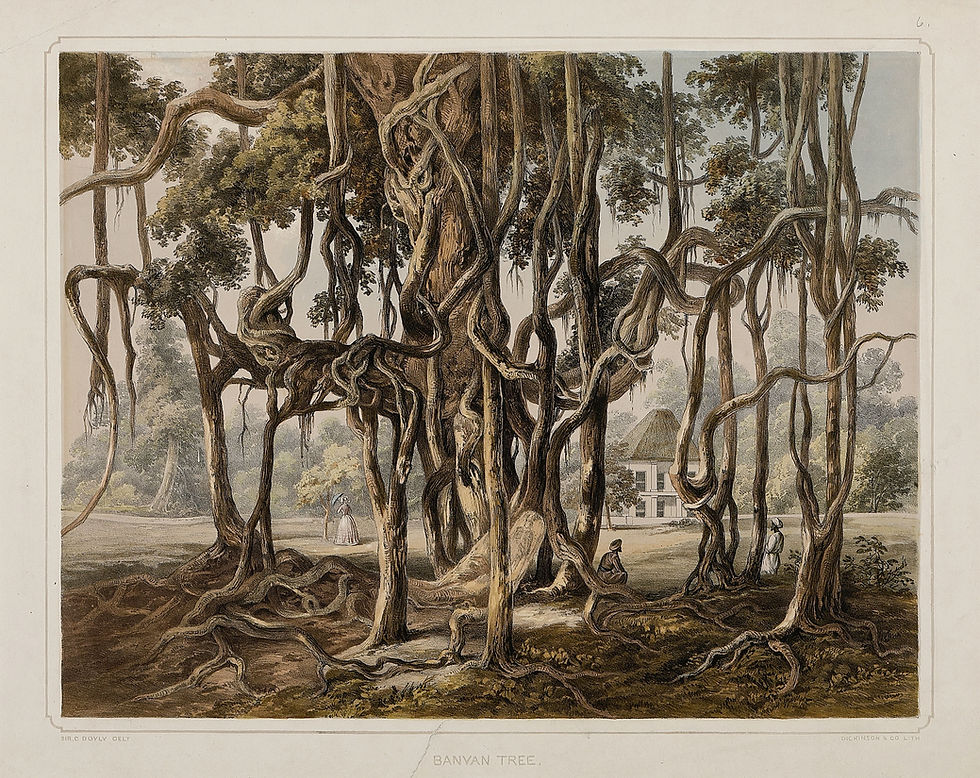Boredom Is A Great Teacher
- Paul Weinfield
- May 21
- 2 min read
In the early 2010s, a series of scientific studies proved that people would rather feel pain than be bored. In one experiment, participants watched monotonous, sad, or neutral films, during which they had the option to self-administer electric shocks. Participants in the boredom-condition shocked themselves more and with greater intensity than those in the neutral- and sadness-conditions.
Some people concluded from these studies that the mind is hard-wired to find reflection unbearable. I disagree. Having sat with some great meditation masters, I know the mind can also find deep satisfaction in stillness. I think a better conclusion is that not all pain is physical or emotional. There’s also the existential pain, felt most strongly in the silence, of realizing how impermanent life is and how futile our attempts to cling to it are.
When we don’t face our existential pain, we distract ourselves by inventing other miseries. The old couple who sees death in each other’s faces argues over the electric bill. The teenager who feels childhood slipping away finds some romantic agony to fill up the space. More often than we realize, the shocks we experience in life are self-administered.
This is why it’s so important to take time to reconnect with the empty space in your life. People talk about “shadow work,” as though getting to know one’s shadows were some kind of sexy vampire movie. But your real shadows come out only when you risk being bored. When you take time to be with raw experience — without headphones or smart phones or a commentary in your head — you start to see what the Buddha called duhkha: the often sub-verbal places where our hearts are still burdened.
“Life is always right, believe me,” Rilke said. It is we who, afraid of the stillness, wage loud war on life. Take care of the silence. It will show you both the cause of pain and its cure.




Comments